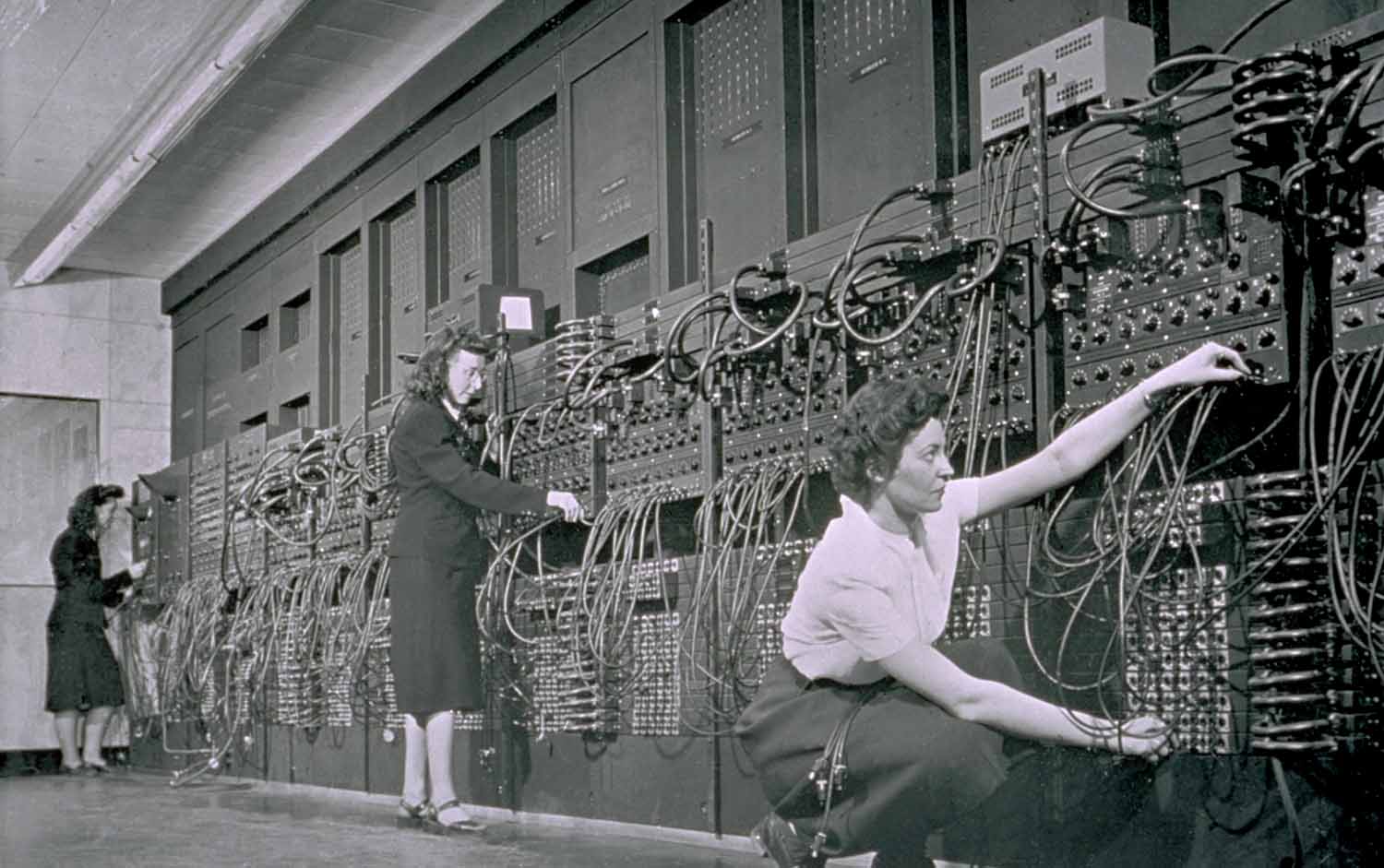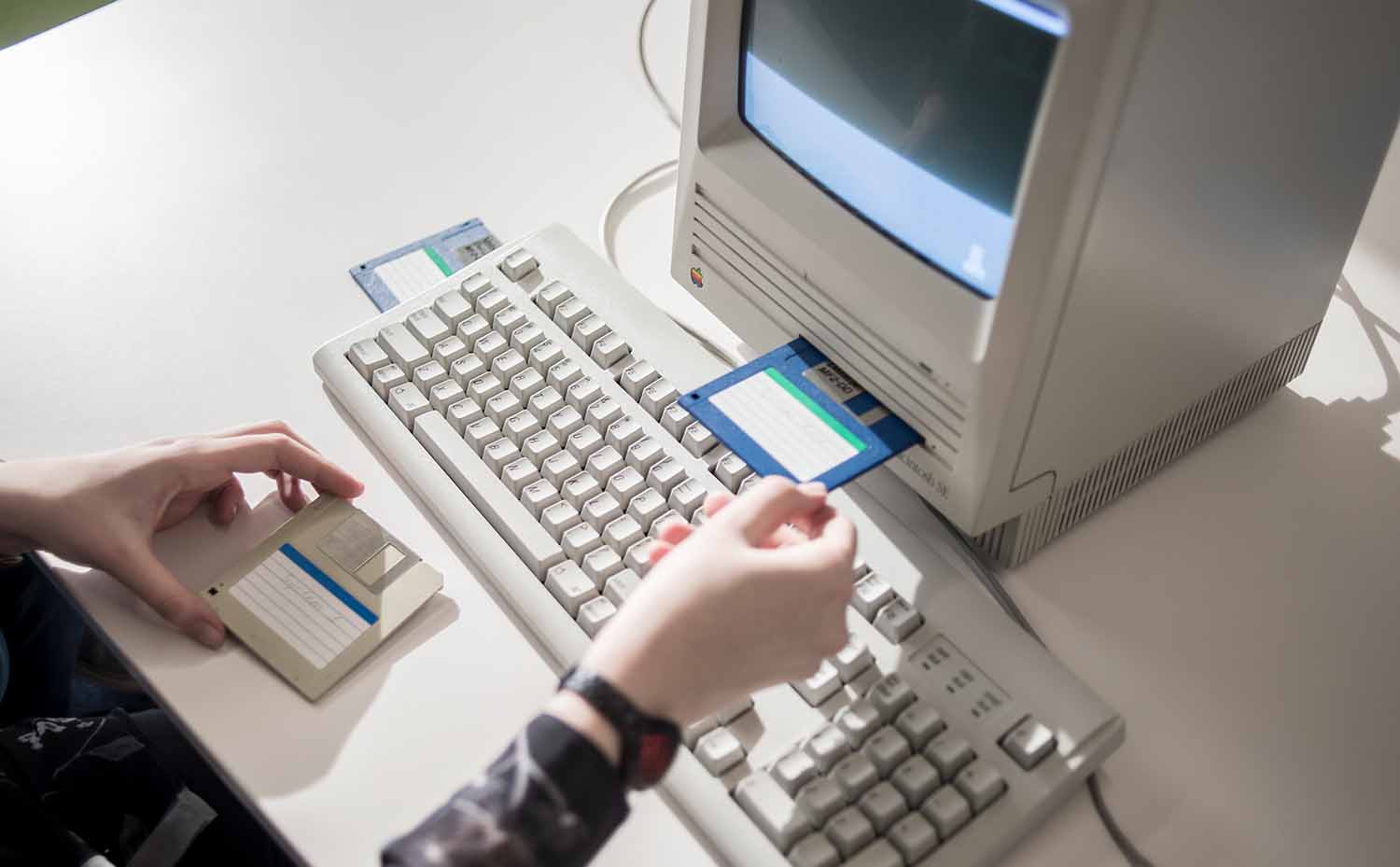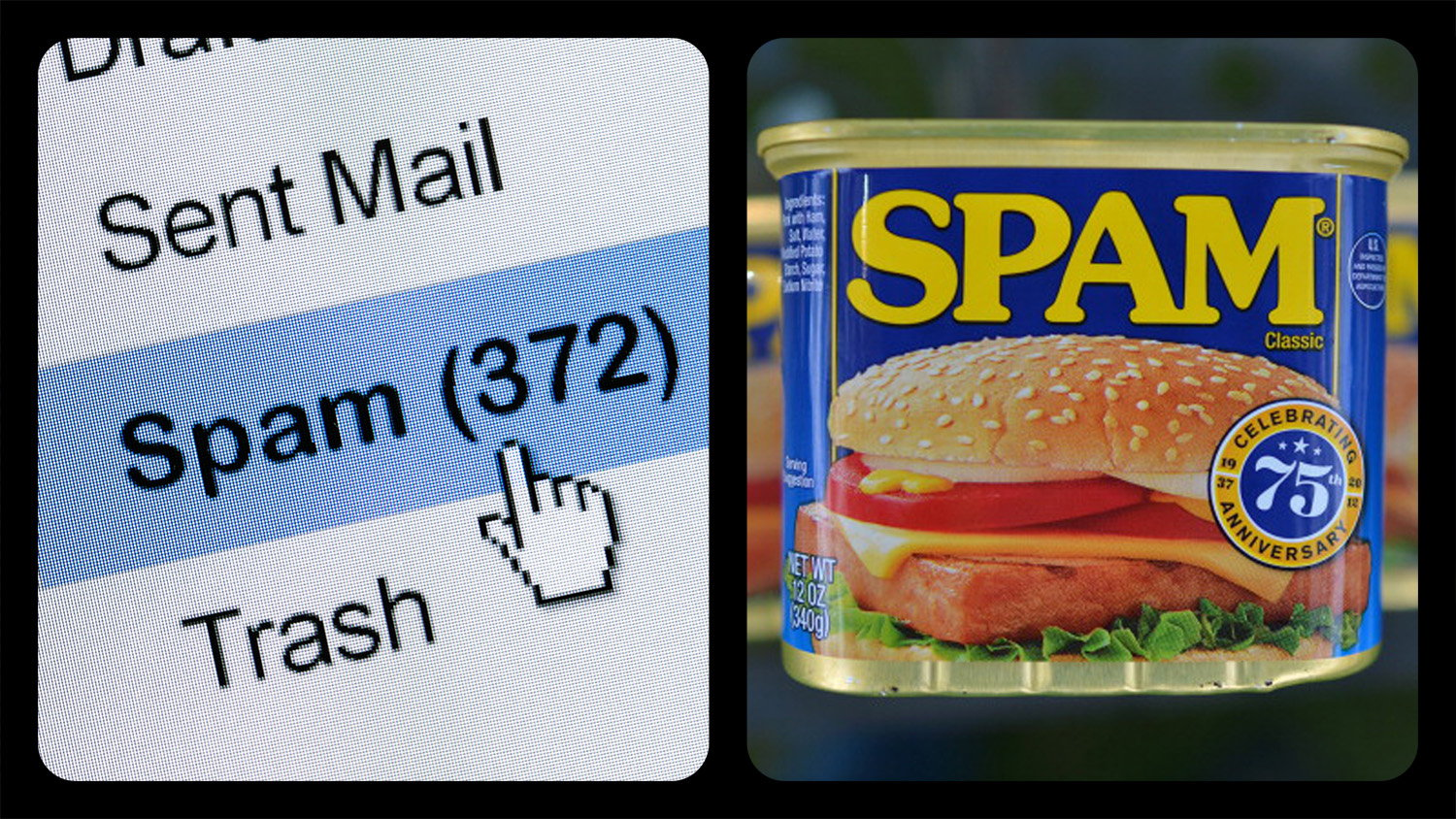Profile Deactivated
A new law in Australia aims to ban social media accounts for young people under age 16.

© InsideCreativeHouse/stock.adobe.com
On December 10, 2025, young Australians with accounts on TikTok and Snapchat will wake up and find their profiles gone. Australia has banned young people under age 16 from having social media accounts as part of its new social media usage policy.
Australia’s government passed the Online Safety Amendment (Social Media Minimum Age) Bill about a year ago to protect Australian children and teens from the harmful effects of social media, such as cyberbullying and mental health struggles.
“We want our kids to have a childhood and parents to know we have their backs,” said Australian Prime Minister Anthony Albanese after the policy was passed.
The law says young people cannot use the platforms even with parental consent. The government expects all platforms to deactivate user accounts for those under the age of 16 when the law goes into effect on December 10. This includes popular platforms YouTube, Instagram, and Facebook, as well as TikTok and Snapchat.
The law is going into effect just as a new study confirms that preteens who use social media struggle with reading, vocabulary, and memory more than peers who do not use social media. The research shows that even low levels of social media use negatively impact brain development.

© mixetto—E+/Getty Images
Experts say time outdoors can benefit young people.
Still, many Australians criticize the ban, including young entrepreneurs and musicians who use social media to market products and art. They say the ban will prevent young people from starting a business.
“The only other way I could think that you could start a business and grow your business without social media would be having a website and using things such as Google marketing,” said Isabelle Hedditch in an interview with the Australian Broadcasting Corporation. Hedditch was 15 when she started her online dress rental business. “But [when I was] 15 years old, there was no way I could afford that.”
Other experts highlight social media benefits that help young people find community and seek out mental health care.



